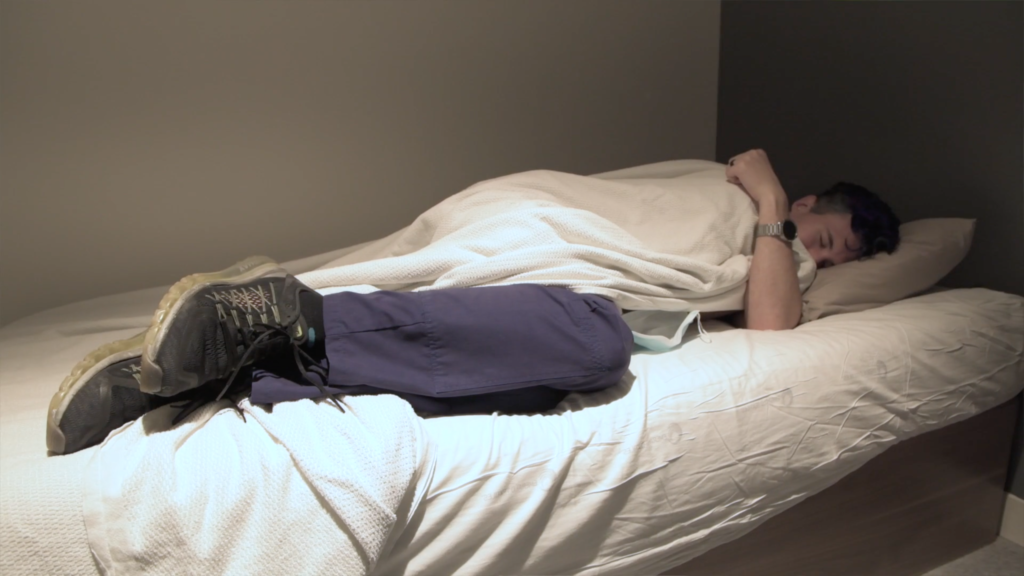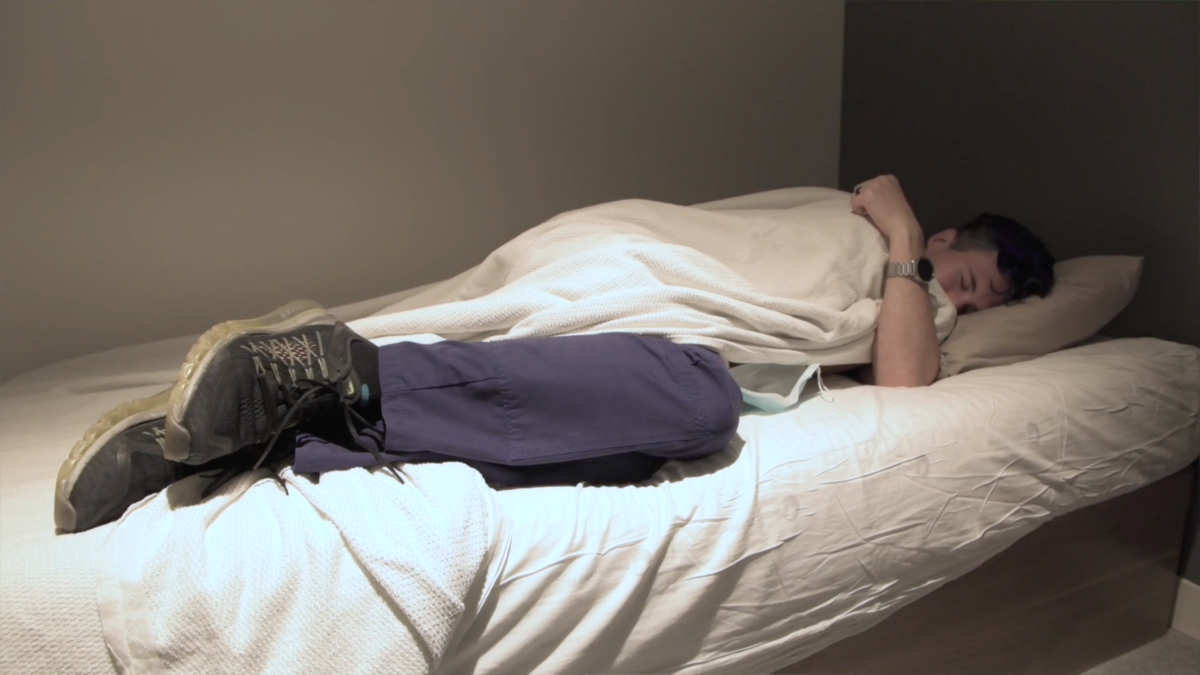Physicians periodically exist in a state known as “on call,” a term I, like most people, once understood to mean “a doctor gets called if they are needed.” While in med school, I thought I had developed a more complete awareness of its meaning; however, only now, in residency, have I fully grasped its mysteries—knowledge I will attempt to pass on to you.
It sounds simple enough: a doctor is out enjoying themselves, perhaps eating or shopping, their phone rings, they say “sorry, gotta go” and drive to the hospital to…I don’t know, whatever it is doctors do instead of spending time with their loved ones. Med school taught me there was much more than this, as I noticed that the “on call” residents never seemed to leave the hospital. Isn’t that simply a work shift? I wondered, thankful the resident was sending me home at 10 PM. Eh…not quite.
Think back to the last time you or someone you know went to the hospital: first, there was the Emergency Department (ED), full of lights, beeping, and medical personnel. There was a lot of waiting and paperwork (thanks, insurance) punctuated by blood draws and maybe some imaging. Eventually, one of two things happened: you were sent home with a discharge summary, or someone said the patient was “getting admitted.” In the latter case, there was a flurry of new doctors and nurses, stuffing personal items into a bag, and maybe an elevator ride before the patient finally came to rest in a hospital room with water in one of those plastic pitchers.
“Call” can generally be defined as having “something to do with who is taking admissions.” While the specifics vary depending on the mechanics of the service and hospital, a physician has to decide to accept the admission from the ED, get the full story from the patient (yes, again, the history from the ED focuses on different aspects), and decide on a treatment plan. Day or night, someone has to be responsible for dealing with all the new patients coming in, and the term “call” is usually applied in some fashion to that role.
Daytime Call
For most specialties at teaching hospitals, a typical residency workday takes place largely during the day, in that it begins at some point after midnight and ends before the following midnight. Residents arrive early, hear about what things happened to their patients overnight, see them, and round with the attending on the patients to finalize the day’s plan. Ideally that is completed by noon, leaving the remaining hours for the team to implement the plan, resolve whatever disasters ensue, and…admit new patients.
There are different systems for deciding who among the resident teams handles the admits, mostly variations on a couple of models:
- One team takes all the admits, day and night, every n days (e.g. q4 call). Whoever is on call is more or less working a 28 hour shift.
- Teams distribute admits for most of the day until n time. Each day, one team is “long call” and takes all the admits between that time and the time night shift arrives; the other teams not taking admits during those hours are “short call.”
Overnight Call
“Call” can also be used to refer to night shifts (or long shifts that include overnight). At night, the resident physician is available and gets called paged about issues that need to be addressed. Practically, this can involve admitting new patients to the hospital or dealing with existing patients: stabilizing them if they crash, writing new orders, or clarifying aspects of the plan that really should have been handled by the day team. Participation in rounds the next morning varies: sign out to day team (no rounds), present the overnight admissions (partial rounds), or stay for the whole thing (how 28 hours can quickly turn into…more than that).
Most of the time, there is a regular influx of new patients and existing patients needing personal attention, necessitating that the resident stay in the hospital for the duration. As night is more reactive than proactive, there are designated hostels call rooms in the event there is an opportunity to sleep—always half-listening for the pager’s ringtone. Since you’re a resident, a member of the house staff, staying in the hospital, this is known as “in-house” call.
In-House vs Home Call
Up until this year I have exclusively taken variations of in-house call. Now that I’m spending at least some of my time in the child neurology role, I’m introduced to yet another call incarnation, “home call.” On these shifts, I at last find myself in the initial imagined situation: sitting somewhere, beeper at the hip, waiting to get a call. Again there are multiple factors that determine whether not home call is a possibility for a given specialty. In my case, because there are pediatrics residents and newer versions of myself working in the hospital, I don’t usually have to go in myself. In exchange, while on call I can be contacted by ≈6 different hospitals and EDs, as well as concerned parents, at any time during the day or night. Since you’re at home, you are free to do anything you want—as long as it can be interrupted.
Unlike in-house call, home call doesn’t include a post-call day. Since it’s “easy mode” by comparison, you’re expected to go to regularly scheduled work in the morning regardless of what happens. This makes the page 1.5 hours before the alarm particularly inconvenient. Still, I expect calls from the ED: They can’t help it, stuff happens all the time. It’s perfectly reasonable to need me to look at an EEGElectroencephalogram. It turns out that if you put a bunch of electrodes on the scalp, you can (somewhat crudely) measure brain activity. This allows us to get an idea of what is going on in different areas of the brain and guide further studies or treatments. More, provide recommendations on med adjustments, or admit a patient to my service. What’s somewhat less understandable are the parents or patients who interpret “physician on call 24 hours” to mean, “24 hour service,” and wake me up at 4:30 AM for a…medication refill.


